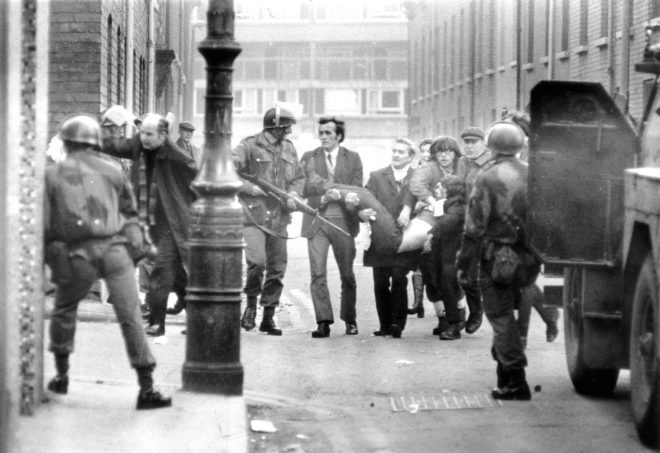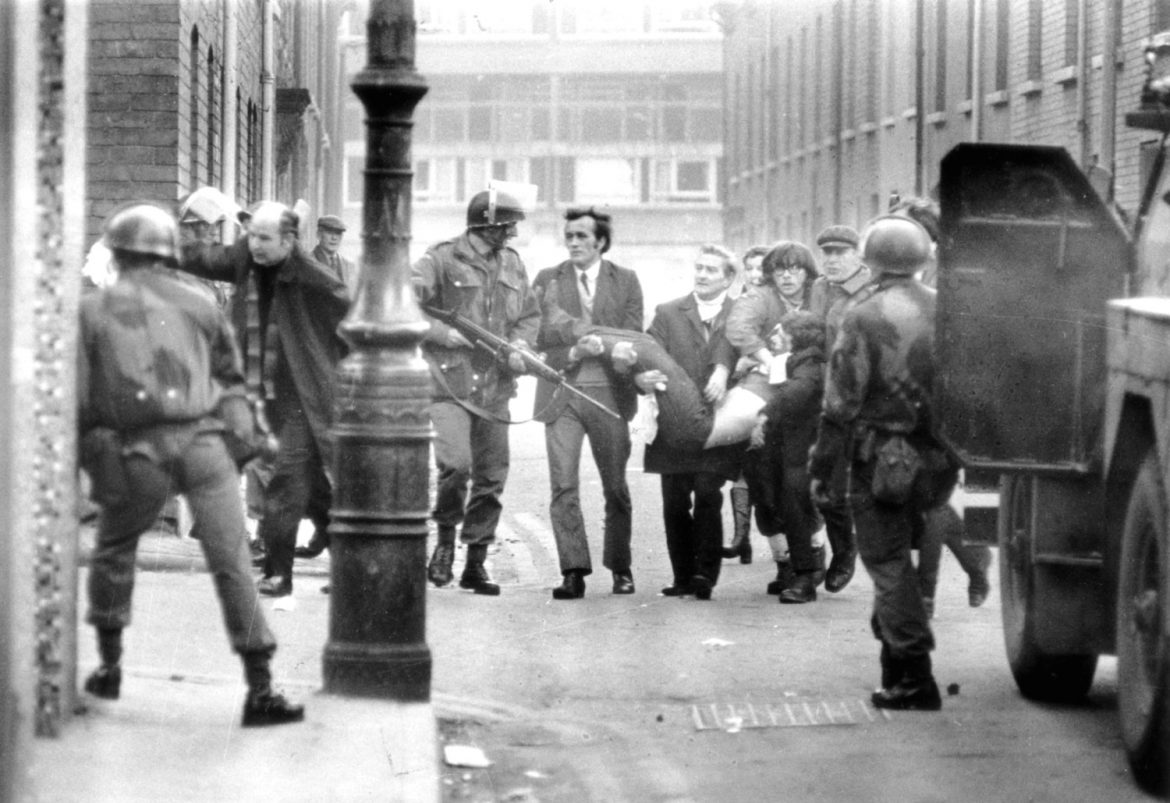 A decision by the Public Prosecution Service on whether to charge former soldiers in relation to Bloody Sunday has been hit by a fresh delay.
A decision by the Public Prosecution Service on whether to charge former soldiers in relation to Bloody Sunday has been hit by a fresh delay.
The PPS said in April it expected to make progress by the end of the summer.
However, it has now said more work is needed.
“The complex files relating to Bloody Sunday remain under consideration by the Public Prosecution Service and are at an advanced stage,” it said.
“Senior counsel has been instructed to advise on a number of issues in the case and we are expecting receipt of this advice in the coming weeks.”
The PPS added that victims and families had been kept regularly updated on the case and would be again once the new advice has been received.
Thirteen people died when paratroopers opened fire on civil rights marchers in Derry in January 1972, with a 14th victim dying later.
The landmark Saville Inquiry concluded in 2010 that all those killed or injured were innocent.
British Prime Minister David Cameron issued an official apology in the House of Commons, describing the killings as “unjustified and unjustifiable”.
Two years later, in 2012, the PSNI launched a murder investigation and passed the files to the PPS in 2016.
The police concluded that charges related to Bloody Sunday could be brought against 18 former soldiers.
In addition, action is being considered against two individuals connected with allegations of Official IRA activity that day.
One member of the republican group told the Saville Inquiry they had fired on soldiers in retaliation for the shooting of two protesters.
Last month 14 Bloody Sunday compensation claims were settled against the Ministry of Defence, with a further £900,000 to be paid out.
In September a judge also awarded Michael Quinn £193,000 for the injuries he received after being shot in the face as a schoolboy.
The subject of soldier prosecutions has long caused outrage among veterans’ groups and many unionist politicians, who label them as a witch-hunt.
PSNI figures obtained by the BBC last February challenged the view that Troubles investigations were biased against the Army.
Of 1,188 killings being looked at by the Legacy Investigation Branch, 530 were attributed to republicans, 271 to loyalists, 354 to security forces while 33 were unknown.
Tags:





